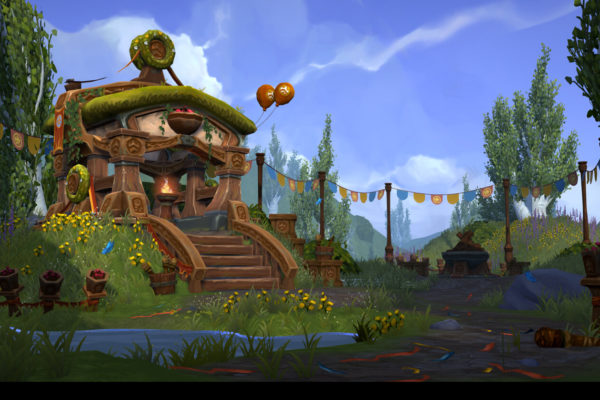AUSTIN, Texas — In response to the growing demand for video game designers throughout Texas, The University of Texas at Austin is launching a new gaming curriculum, The University of Texas Game Development and Design Program. The program is a partnership between the departments of Arts and Entertainment Technologies (AET) and Computer Science (CS) intended for undergraduates with career interests in the gaming industry.
Texas is home to almost 20,000 video game specific jobs, second to California, with 10 percent growth expected during the next eight years.
The UT Game Development and Design Program builds on existing curricula and expands course offerings for students interested in working in gaming. Newly offered classes focused specifically on game design will be offered by the Department of Arts and Entertainment Technologies, while coursework in coding for games and visualization will be offered by the Department of Computer Science. Under this joint endeavor, both departments will offer complementary minor degree programs with a comprehensive curriculum that blends instruction in computer science and design.
“We see a strong market need aimed at expanded skill sets for students interested in pursuing careers in the gaming industry, and we are determined to offer the best curriculum and experiential learning opportunities possible here at The University of Texas at Austin,” said Bruce Porter, the computer science professor chairing the joint committee developing the program.
The new program builds on recent UT successes in gaming, including a popular game design emphasis in the School of Design and Creative Technologies and the Game and Mobile Media Applications Program, which was a joint effort of the College of Fine Arts, the Department of Computer Science and the Department of Radio-Television-Film.
The UT Game Development and Design curriculum is taking a hands-on, experiential-learning approach to ensure students get early and continuous experience as they learn about the fundamentals of game design and proceed to create their own screen-based projects. New courses are now being offered in narrative design, level design, game prototyping, technical art, game art pipeline and UI/UX for games.
“We are growing the gaming offerings at UT and investing heavily in game design,” said Bruce Pennycook, chair of the Department of Arts and Entertainment Technologies. “We are aggressively recruiting practitioners with substantial industry experience and aim to double the number of faculty in game design by 2020. By working with industry leaders, we’re able to add additional classes that give students the hands-on experience they need to pursue careers in the industry.”
The collaborative curriculum is designed with a strong focus on industry partnerships and opportunities for students to interact with gaming studios and gaming professionals. UT undergraduates will have unprecedented opportunities to obtain the skills they need to pursue successful careers in the gaming and visualization industries. A community of industry professionals will support the Game Development and Design Program, ensuring that the curriculum tracks respond to trends in the gaming industry.
“Industry partners tell us consistently that they want graduates who are technically fluent, creative problem-solvers skilled at working collaboratively within and across teams,” said College of Fine Arts Dean Doug Dempster. “We’ve created a responsive program that gives students the skills they need to launch their careers while adapting over a lifetime to the rapid pace of change in the booming gaming industry.”




